Search
Search within
1447 results found
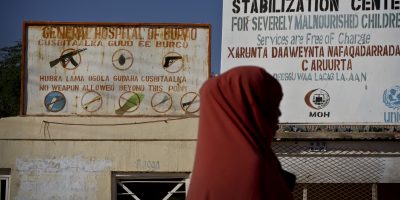
Evidence review
Somali Health Care System and Post-Conflict Hybridity
The aim of this article is to contribute to this understanding of the wider health care system in a post-conflict Somali context, in particular in Somaliland. The fieldwork included participant observation and interviews of several local healers and their patients…
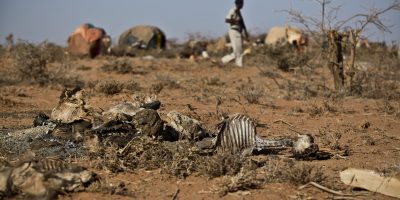
Briefing
Assessing Drought Displacement Risk for Kenyan, Ethiopian and Somali Pastoralists
This study represents an initial attempt to assess patterns of displacement related to droughts in selected countries of the Horn of Africa, specifically the border regions of Kenya, Ethiopia and Somalia. The study explores several scenarios to identify potential impacts…
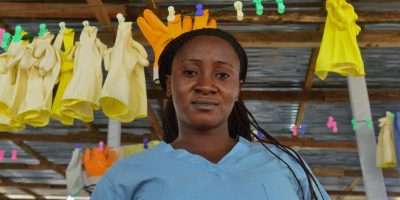
Evidence review
Material Proximities and Hotspots: Toward an Anthropology of Viral Hemorrhagic Fevers
This article outlines a research program for an anthropology of viral hemorrhagic fevers (collectively known as VHFs). It begins by reviewing the social science literature on Ebola, Marburg, and Lassa fevers and charting areas for future ethnographic attention. We theoretically…
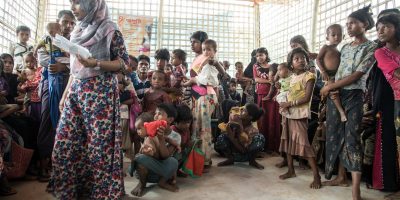
Background report
Gender-Based Violence Among Documented Rohingya Refugees in Bangladesh
The Rohingya, a Muslim minority group from the northern part of Rakhine State (formerly Arakan) in Myanmar, is among the most vulnerable of the world’s refugee communities. This study aims to shed light on gender-based violence among documented Rohingya refugees…
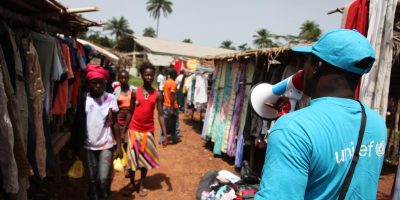
Background report
Addressing Ebola-related Stigma: Lessons Learned from HIV/AIDS
Many stigmatizing attitudes and behaviors directed towards those with EVD are strikingly similar to those with HIV/AIDS but there are significant differences worthy of discussion. Both diseases are life-threatening and there is no medical cure. Additionally misinformation about affected groups…
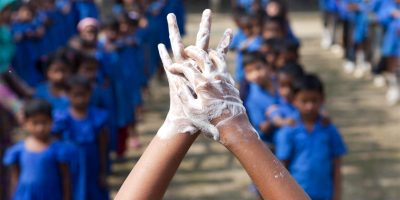
Briefing
Cultural Epidemiology of Pandemic Influenza in Urban and Rural Pune, India: A Cross-Sectional, Mixed-Methods Study
The objective of this study was to identify and compare socio-cultural features of pandemic influenza with reference to illness-related experience, meaning and behaviour in urban and rural areas of India. Cross-sectional, mixed-methods, cultural epidemiological survey with vignette-based interviews. Semi-structured explanatory…

Background report
Culture and Health
Planned and unplanned migrations, diverse social practices, and emerging disease vectors transform how health and wellbeing are understood and negotiated. Simultaneously, familiar illnesses-both communicable and non-communicable-continue to affect individual health and household, community, and state economies. Together, these forces shape…
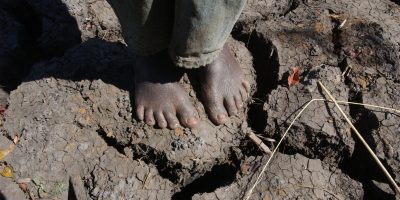
Background report
NGO Report on Indigenous Pygmy Peoples: Universal Periodic Review of the Democratic Republic of Congo
This alternative report has been prepared by non-governmental organisations of indigenous Pygmy peoples and their supporters: 15 non-governmental organisations that work with indigenous peoples of the Democratic Republic of Congo (DRC). Its aim is to present a picture of the situation of…
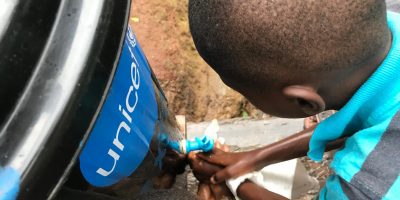
Background report
Quantitative and Qualitative Analysis of the Knowledge, Attitudes and Social Representations of Cholera in the Extreme Northern Region of Cameroon: The Case of Maroua I, Maroua Ii and Mokolo
An effective fight against Cholera requires an in-depth consideration of the knowledge, attitudes and social representations of Cholera within a population. Cholera outbreaks persist in the Extreme North of Cameroon because of the inadequate integration of representations of Cholera, water…
Briefing
Ebola and Older People in Sierra Leone, Liberia and Guinea
The limited evidence available on age-disaggregated fatality rates of Ebola Virus Disease (EVD) consistently highlights the poor survival rates of older people compared with young adults.
Briefing
The significance of death, funerals and the after-life in Ebola-hit Sierra Leone, Guinea and Liberia: Anthropological insights into infection and social resistance
The aim of this briefing paper is to consider the various ways in which widely reported fear and resistance to the Ebola response can be understood, and what each way of understanding offers to those battling with the current epidemic.
Briefing
Regional food insecurity, work migration and roadblocks fr
This brief summarises some key considerations about food insecurity, the migration of men and youth for work and the implication these movements may have for the Ebola response.


